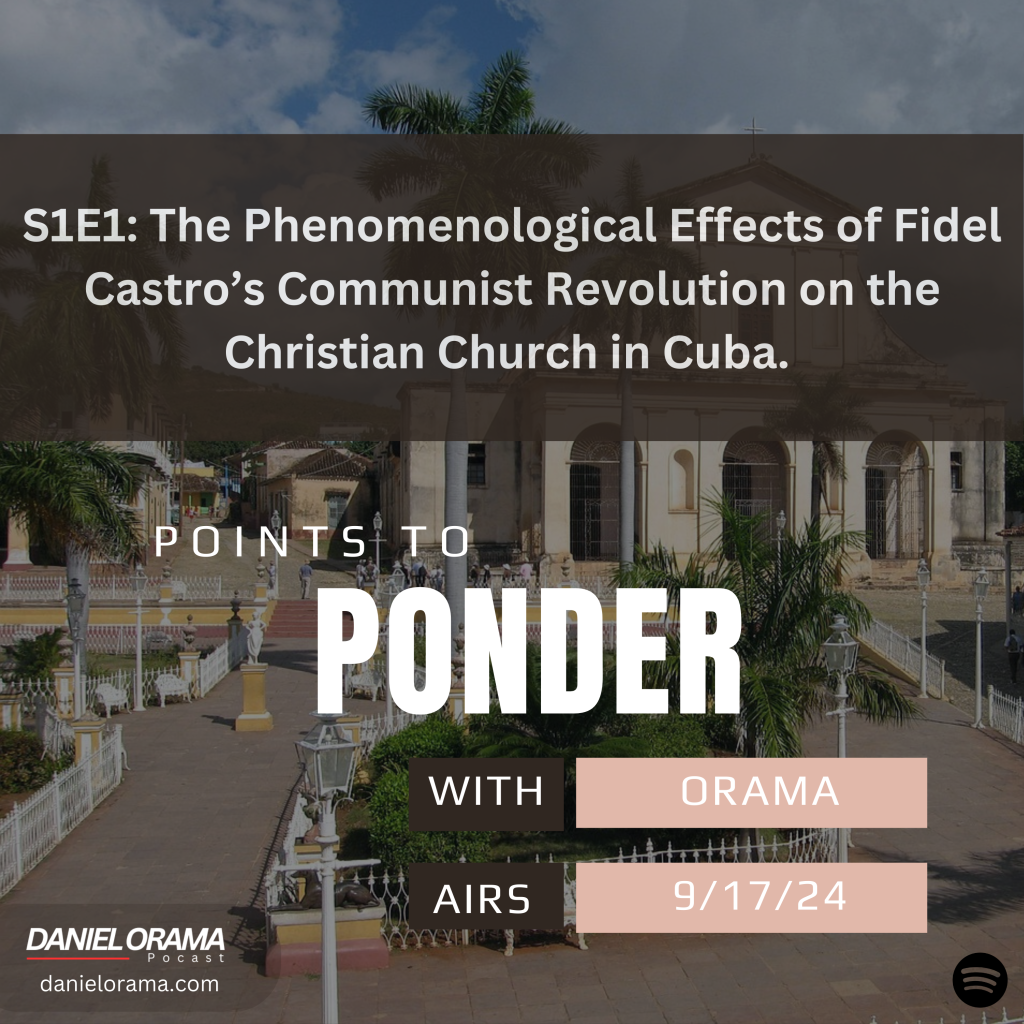Communism, Marxism, and Socialist Regimes Contradict the Word of God
The claims that religious freedom in Cuba can coexist alongside the Communist, Marxist, and Socialist regimes without hindrance contradicts the Word of God and eyewitness testimonies of those who serve in the Cuban Christian church. Church pastors in Cuba often suffer imprisonment for as long as twenty years before being allowed to return to their homes and communities. This podcast regains the views of countless pastors and those serving in churches throughout Cuba, whose opinions concerning Christians who put themselves in harm’s way against the communist authorities are expurgated, meaning removing or censoring any thought that does not coincide with a particular group.
The Qualitative Research Paradigm
The qualitative research paradigm explores previously undocumented perspectives on the lives of Cuban Christians both during and after the communist takeover. This podcast is essential in highlighting how the worship of God can serve to attract individuals who may not have otherwise engaged in religious practices in Cuba. The podcast explores the relationship between Christians and the communist regime in Cuba and how it has impacted their theology and way of life. In the effects of Communism on the Christian church in Cuba, qualitative research is employed to execute investigative, narrative, and convergent research methods, which expands our understanding of this topic. In addition, researchers may discover similar tactics used by other governments worldwide, including the United States of America.
The Conflicts Significantly Affected the Church and Its Leaders in Cuba
The phenomenological effects of Fidel Castro’s Revolution on the Christian churches in Cuba from the 20th Century to the present are still felt in the Christian church today. The conflicts that significantly affected the church and its leaders who did not align with the Communist regime were often imprisoned, creating an environment of trepidation, meaning fear or anxiety, for the church. According to author Marilyn Stewart, “Pastor Obed Millan, an adjunct professor at the Miami extension center of New Orleans Baptist Theological Seminary, was one of many pastors forced to leave their homes and pulpits during the Cuban Revolution in the 1960s.”[1]
The Purge of Beliefs That Were a Threat to the Communist Revolution
Fidel immediately took steps to purge Cuba of any beliefs that were a threat or in opposition to the new regime’s plan. He, pastor Obed, was, in Stewart’s words, “imprisoned for proselytism, (Proselytism is the policy of attempting to convert people’s religious or political beliefs. Carrying out attempts to instill beliefs can be called proselytization) and endured two years and seven months of hard labor in a ‘concentration camp’ in eastern Cuba, where he worked on government-confiscated sugar cane fields.”[2] Communist leader Fidel Castro brazenly suggested that conflicts arose due to the leadership or congregation of religious organizations, citing them as the root cause of conflict. He states, “En mi opinión, muchos conflictos fueron causados por el liderazgo o grupo social asociado con una congregación religiosa en particular.” “In my opinion, many conflicts were caused by the leadership or social group associated with a particular religious congregation,”[3] a view held by the Communist regime.
Listen to the Full Episode
To learn more about Daniel, click HERE, and to listen to the full episode on the Phenomenological effects of Fidel Castro’s Communist Revolution on the Christian church, click HERE. Join me for a delicious cup of coffee or tea.
[1] Marilyn Stewart, “Imprisoned Under Castro, Cuban Pastor Obed Millan Shares Message of Hope, September 17, 2018.
[2] Ibid.
[3] Fidel Castro, “Christianity and the Revolution.” New Blackfriars 59, no. 695 (1978): 152.

